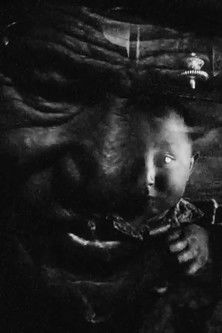Path of Cessation
Genres
Documentary
OverView
In PATH OF CESSATION the image that is communicated to us by Fulton is a highly mystifying one. Rather than analyze, or enter into a dialogue with the Tibetan culture that he photographs, Fulton has succumbed to it, and through the process has presented us a work of great surface, as well as formal, beauty.
Others
Budget
$--
Revenue
$--
Status
Released
Original Language
English
Runtime
55 mins
Rating
6/10
Release Date
01 January 1974
Country
United States of America
